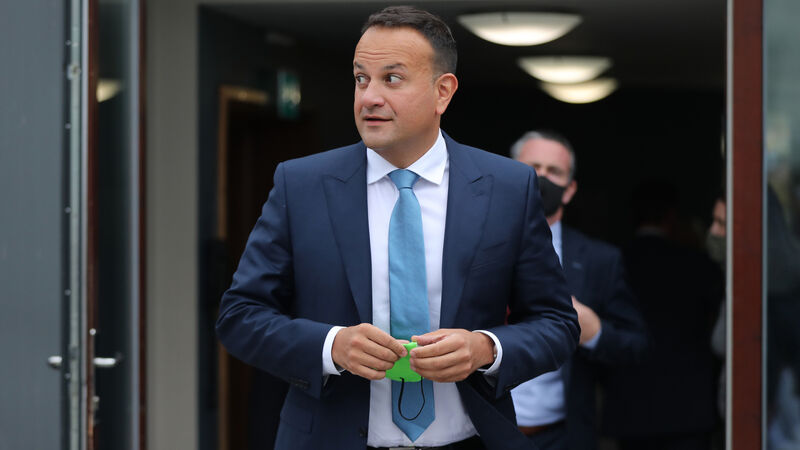Varadkar: Corporation tax change won't damage Ireland's bid to attract investors

Tánaiste Leo Varadkar said there were more than a quarter of a million people working in multinationals in Ireland, and that probably spins off another 100,000 or 200,000 jobs, mostly in the big cities but not exclusively.
Tánaiste Leo Varadkar said the change in the country's corporation tax rate will not in any way undermine Ireland's proposition as a good place to invest for multinationals.
Following Ireland’s decision to sign up to it, the Organisation for Economic Cooperation and Development (OECD) announced its revised framework agreement in Paris on global corporate tax reform.










